Sabalenka's agent speaks out: Players should not become victims of politics.
In the realm of professional tennis, an athlete's nationality can be both a symbol of pride and a hidden constraint. Recently, the agent of world number one Belarusian player Sabalenka has made a rare statement, pointing out the subtle discrimination faced by Russian and Belarusian players in the international tennis community: absence of national flags, coercion into political contexts, and a fractured sense of identity. His comments not only reveal the plight of players like Sabalenka but also provoke profound reflections on the politicization of sports.
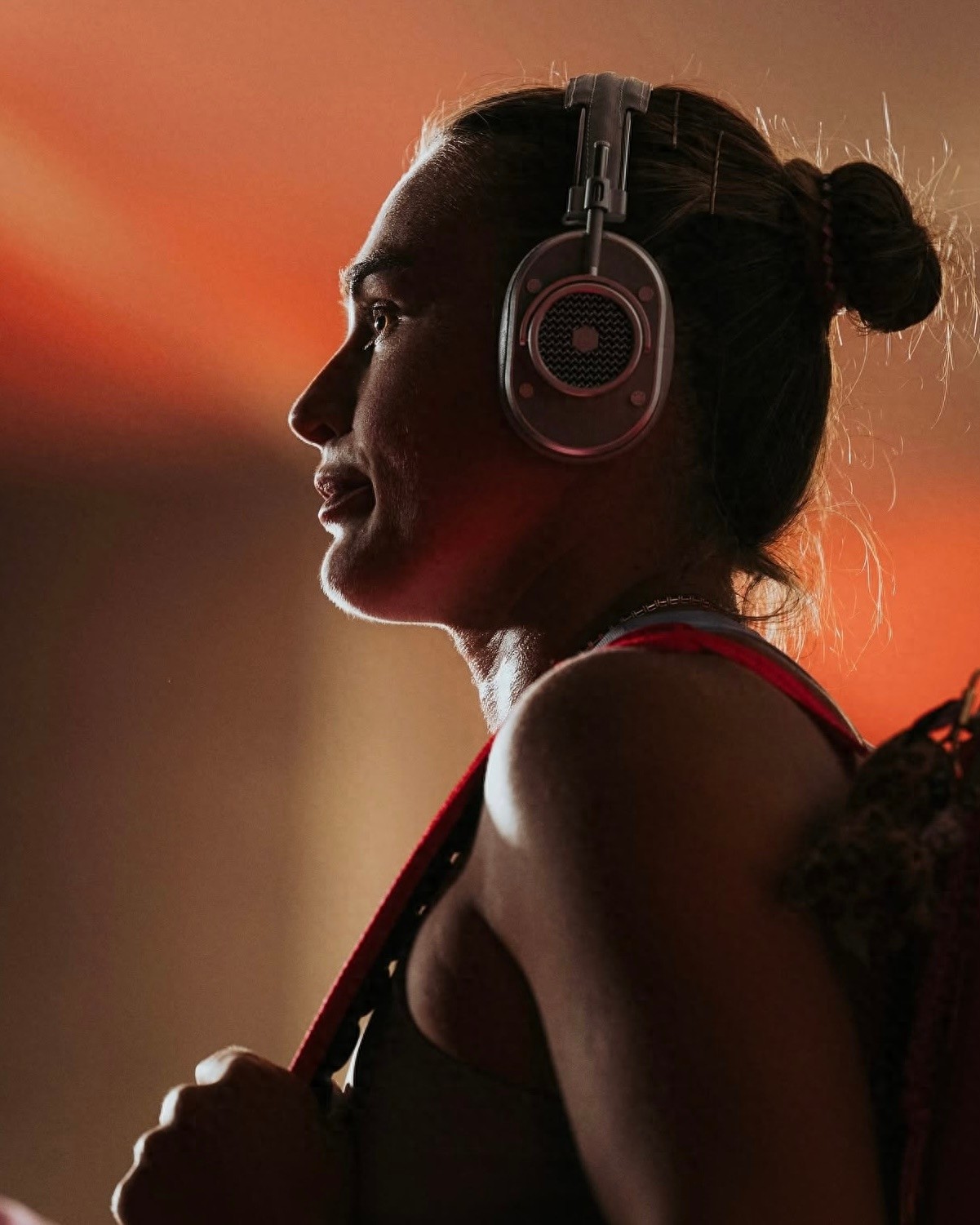
Since the outbreak of the Russia-Ukraine conflict in 2022, international tennis organizations (ITF, ATP, WTA) have implemented a series of restrictions on Russian and Belarusian players, including bans on competing under their national flags, removal of flag representations, and prohibitions on participating in team events (such as the Davis Cup and Billie Jean King Cup). Although players can still compete individually on the tour, this policy of "denationalization" has, in the view of Sabalenka's agent, strayed from the essence of sports.
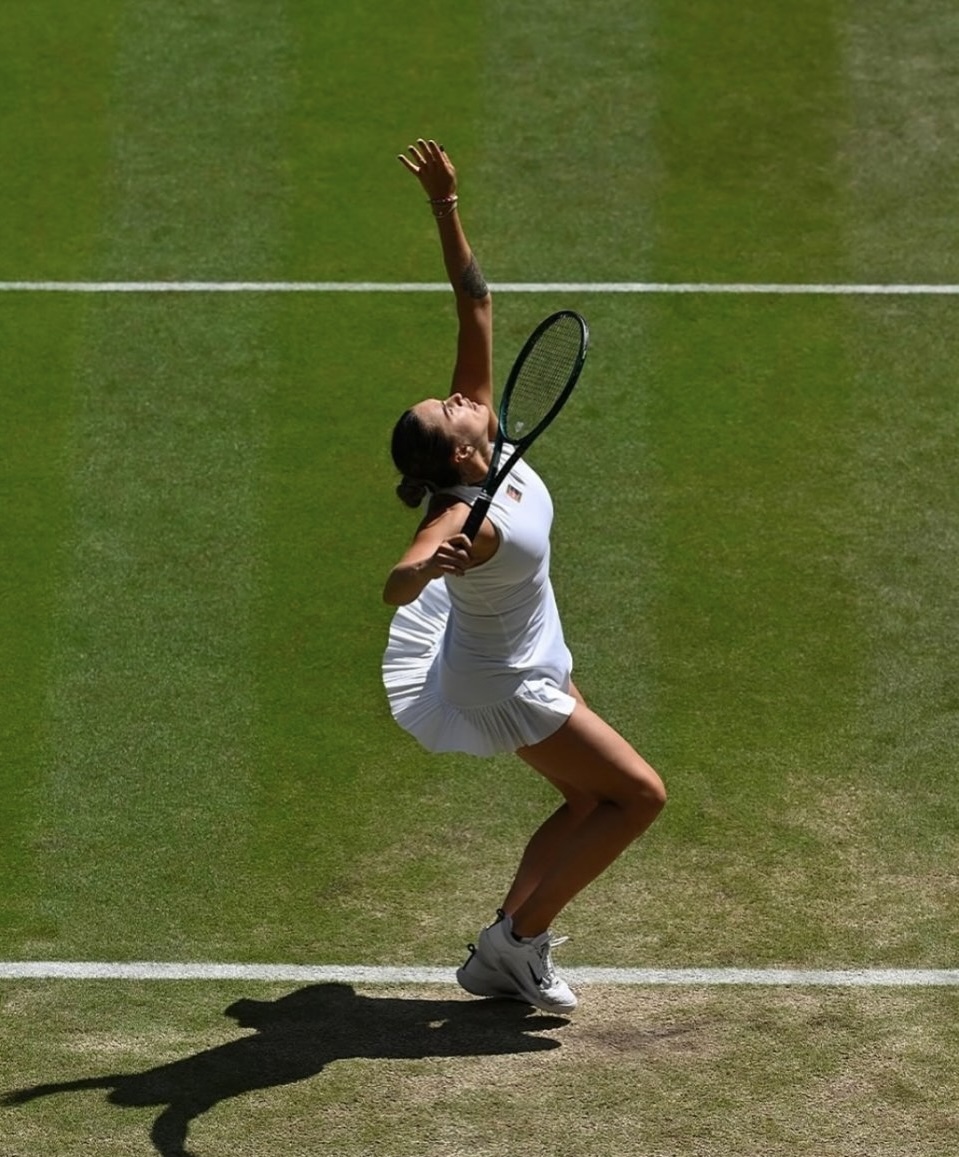
“The idea of linking Sabalenka to political events is utterly ridiculous; she is just a tennis player,” the agent emphasized. In fact, as a three-time Grand Slam champion and a leading figure in the WTA, Sabalenka's commercial value and athletic achievements have long transcended borders. However, in event broadcasts, official posters, and ranking lists, her name is consistently accompanied by an empty space. This "erasure of identity" not only impacts the player's personal recognition but may also subtly influence public perception.

The agent admitted that Sabalenka's situation has improved significantly compared to two years ago: “Western society is gradually realizing that, while she is Belarusian, she is also a world-class athlete.” Behind this shift is the respect earned by the players through their performance. When the Belarusian star won titles at the 2023 and 2024 Australian Open and the 2024 US Open, the live audiences at Rod Laver and Arthur Ashe Stadiums gave her a superstar-level cheer, rather than questioning her nationality; In recent years, Sabalenka's commercial value has not only remained steady but has also increased, with brands like Nike and Wilson still viewing her as a top ambassador, proving the market's recognition of the purity of sports.

However, the contradictions have not been fully resolved. At this year's Madrid and Rome events, Ukrainian player Kostyuk still refused to shake hands with Sabalenka before their matches, once again bringing political differences onto the court. Such incidents indicate that there remains a gap between the ideal of depoliticization and the reality.
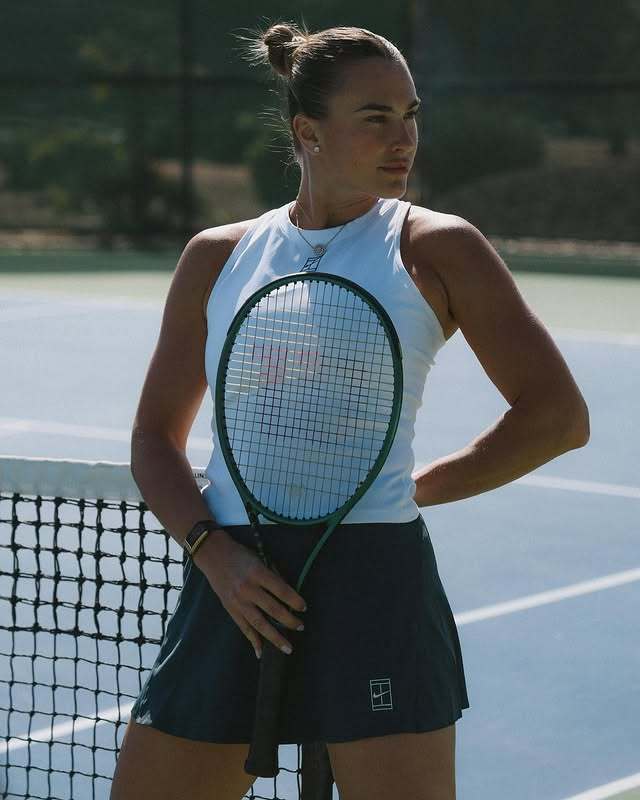
The restrictions imposed by international sports organizations on Russian and Belarusian players were intended to pressure the governments of both countries, but the ones who ultimately bear the consequences are the innocent athletes. This logic of collective punishment has sparked considerable controversy:
1. Selective sanctions: The restrictions on Russian and Belarusian players in tennis far exceed those in other sports (such as football and basketball, which allow them to compete under a "neutral" status).
2. Double standards: When Israeli players are still allowed to display their flags amidst conflict, the fairness of the rules comes into question.
3. The passivity of athletes: Sabalenka and others have repeatedly emphasized their opposition to war, yet they are still forced to bear the brunt of government actions.
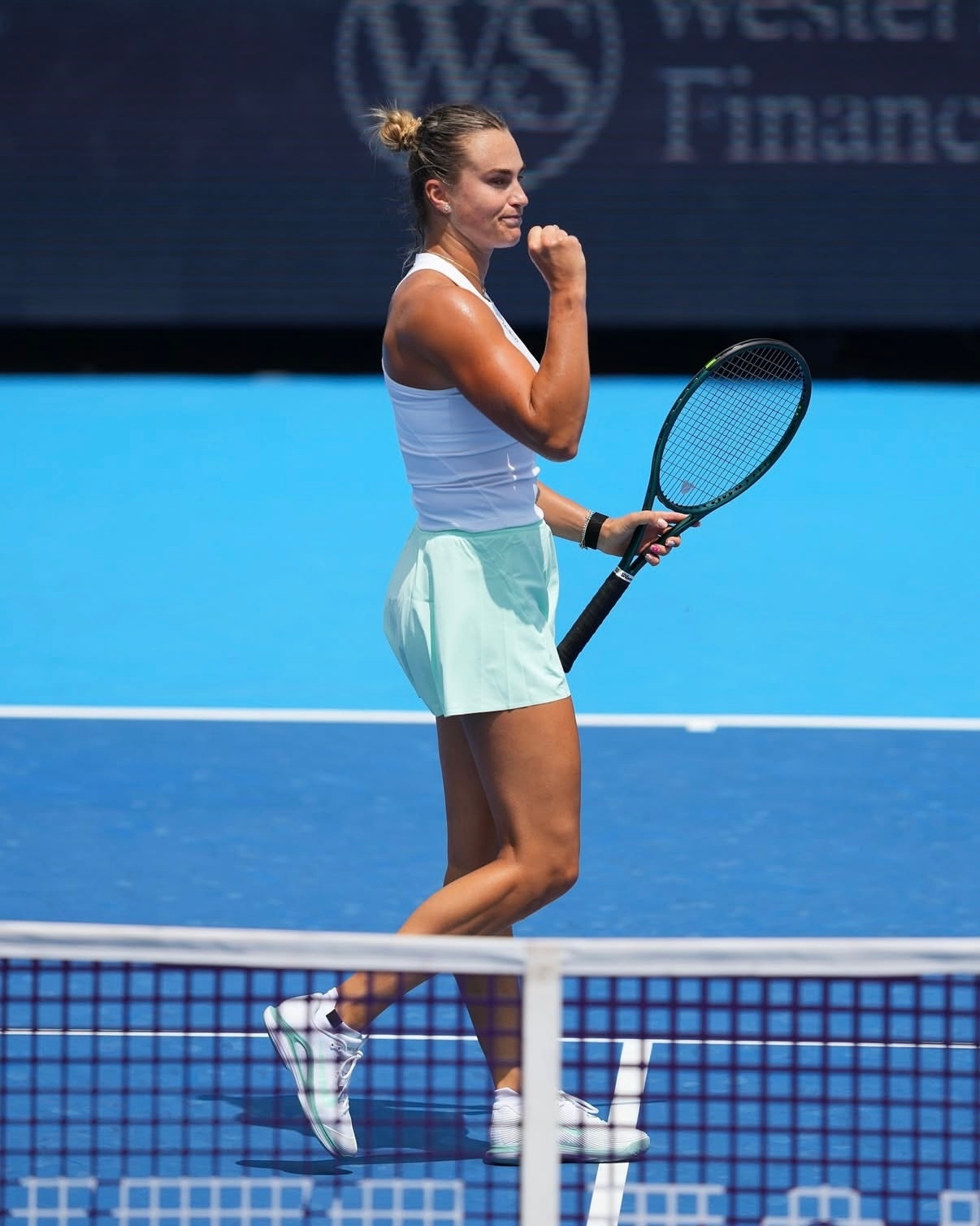
The statements from Sabalenka's agent are essentially a call for the principle of "sports for sports, politics for politics." As legendary players like Djokovic continue to advocate, tennis, as an individual sport, derives its charm precisely from its competitive spirit that transcends geopolitical barriers.
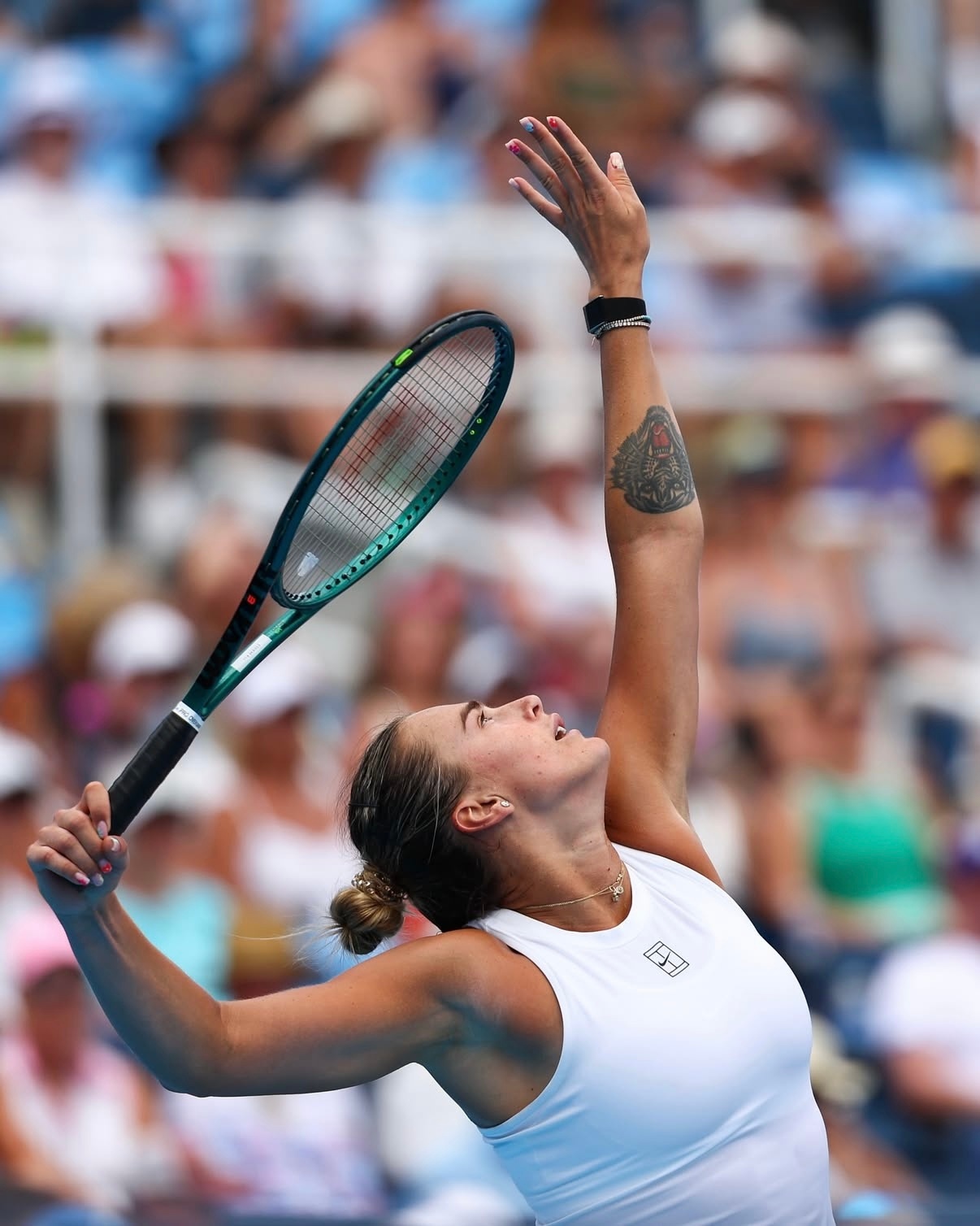
To break the deadlock, collaboration from multiple parties is necessary:
Tennis organizations like the WTA and ATP should gradually restore the national flag representation for Russian and Belarusian players, clarifying the distinction between individuals and their countries.
The player community should engage in more cross-national interactions to alleviate opposing sentiments.
Fans and media should focus on on-court performances, avoiding reducing athletes to mere political symbols.
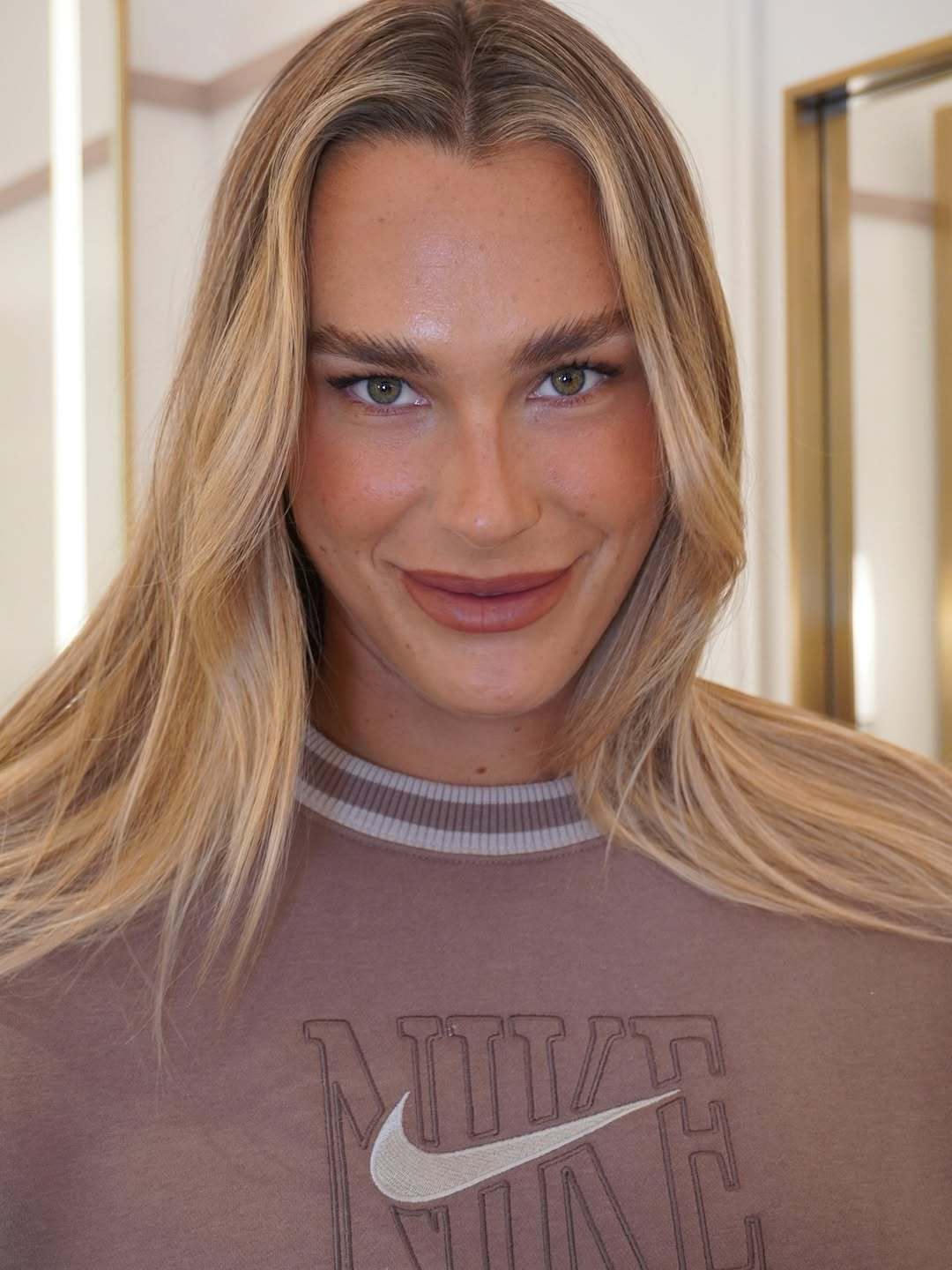
Sabalenka's situation illustrates that the influence of top athletes cannot penetrate political barriers. Sports should return to its essence: connecting the world rather than dividing it.(Source: Tennis Home, Author: Mei)







 Links
Links
 Contact
Contact
 App
App


